Bank of Canada Rate Announcement May 30th, 2018
The Bank of Canada today maintained its target for the overnight rate at 1¼ per cent. The Bank Rate is correspondingly 1½ per cent and the deposit rate is 1 per cent.
Global economic activity remains broadly on track with the Bank’s April Monetary Policy Report (MPR ) forecast. Recent data point to some upside to the outlook for the US economy. At the same time, ongoing uncertainty about trade policies is dampening global business investment and stresses are developing in some emerging market economies. Global oil prices have been higher than assumed in April, in part reflecting geopolitical developments.
Inflation in Canada has been close to the 2 per cent target and will likely be a bit higher in the near term than forecast in April, largely because of recent increases in gasoline prices. Core measures of inflation remain near 2 per cent, consistent with an economy operating close to potential. As usual, the Bank will look through the transitory impact of fluctuations in gasoline prices.
In Canada, economic data since the April MPR have, on balance, supported the Bank’s outlook for growth around 2 per cent in the first half of 2018. Activity in the first quarter appears to have been a little stronger than projected. Exports of goods were more robust than forecast, and data on imports of machinery and equipment suggest continued recovery in investment. Housing resale activity has remained soft into the second quarter, as the housing market continues to adjust to new mortgage guidelines and higher borrowing rates. Going forward, solid labour income growth supports the expectation that housing activity will pick up and consumption will continue to contribute importantly to growth in 2018.
Overall, developments since April further reinforce Governing Council’s view that higher interest rates will be warranted to keep inflation near target. Governing Council will take a gradual approach to policy adjustments, guided by incoming data. In particular, the Bank will continue to assess the economy’s sensitivity to interest rate movements and the evolution of economic capacity.
This was the fourth announcement in 2018, here are the announcements dates set out for the remainder of 2018.
- July 11th 2018*
- September 5th 2018
- October 24th 2018*
- December 5th 2018
*Monetary Policy Report published
Katherine Martin
Origin Mortgages
Phone: 1-604-454-0843
Email: kmartin@planmymortgage.ca
Fax: 1-604-454-0842
RECENT POSTS






